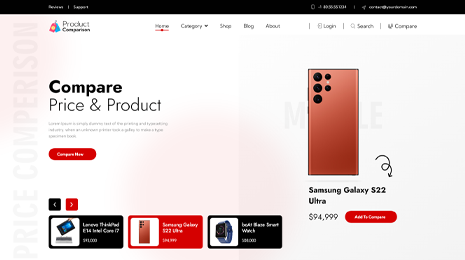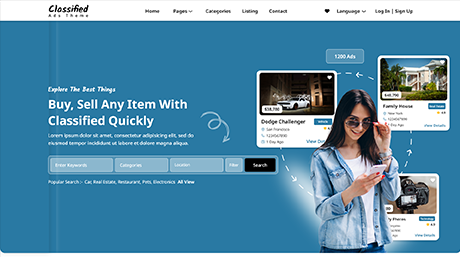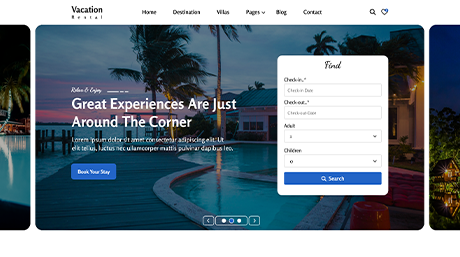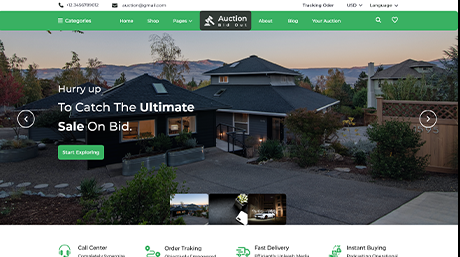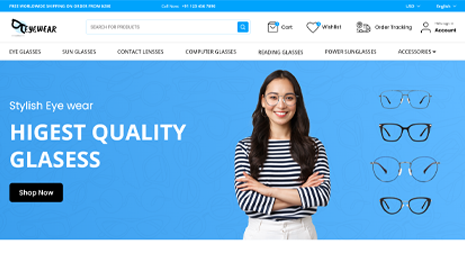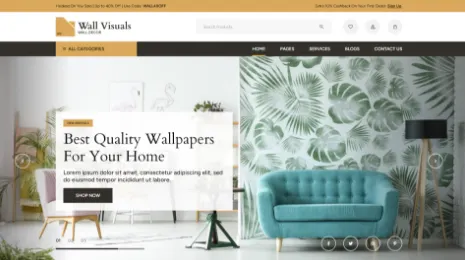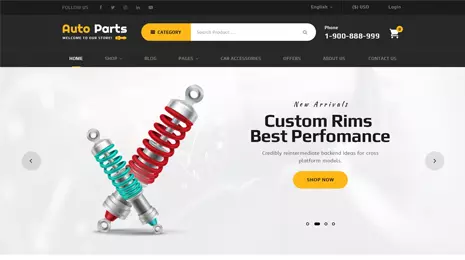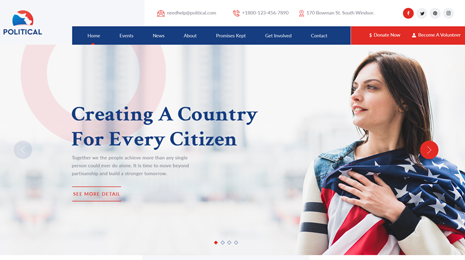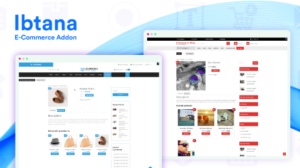Introduction
All online businesses, regardless of size or complexity, must prioritize WordPress website security. It means protecting against hackers and robots, but it’s also about gaining customers’ and users’ trust. Ensuring website security is essential, as it helps build trust and keep personal information safe. Here are ten tips for website security check that you can do to safeguard your website right now:
10 Tips For Website Security Check And Performance
1. Stay up-to-date

Regularly updating your software is one of the easiest ways to conduct a website security check. Hackers are always looking for vulnerabilities in software, and they will exploit them quickly. Fortunately, software developers are quick to fix these vulnerabilities and other issues. But if you don’t keep your software up to date, you won’t benefit from these fixes.
2. Use a Secure Host
It’s vital to choose the secure, reliable, and best web hosting for WordPress to keep your website safe. The company you pick should be aware of potential threats and committed to securing your website. They should also have a system to back up your data to a remote server and make it easy to restore if your website is compromised. It’s essential to choose a host that provides ongoing technical support whenever you need it.
3. Website Security Application

It’s impossible to monitor website security manually. The best practice for website security is to use the best web security solution. They are the tools that scan your websites, servers, and applications for malware and vulnerabilities. They can also detect and prevent malware threats, zero-day vulnerabilities, DDoS attacks, and brute-force attacks. By following these recommended tips for website security check, you can improve the security of your website.
4. Use Strong Encrypted Passwords
It’s essential to use strong and encrypted passwords for yourself and any users with accounts on your website. Even though some people might not like being required to create a password with criteria, like a minimum character count or at least one number or uppercase letter, these measures help keep their accounts and your website safe.
5. SSL Certificates

SSL certificates ensure that websites are secure by encrypting the connection between the server and the visitor’s browser. This guarantees that private information can be transmitted without fear of eavesdropping, data tampering, or message forgery. SSL certificates were previously only common on websites that handled private information, but they are now more widespread. Google even considers SSL certificates a ranking factor as part of its goal to encourage “HTTPS everywhere”.
6. Keep Your Website Clean
Keeping your website secure is important. One way to do this is by reducing the number of potential entry points for hackers. Every database, application, or plugin can be a potential risk. If you’re not using a file or database, it’s best to delete it. Keeping your files organized will help you keep track of changes and remove outdated files more easily.
7. CMS Solution Management
Most people tend to use the default settings and passwords because it’s more convenient. However, this leaves them vulnerable to automated attacks that try to exploit these settings and passwords.
Content Management Systems (CMSs) offer many extensions, add-ons, and plug-ins, both paid and free, some of which are third-party offerings. Although extensions make work easier, it’s important to only download necessary ones from legitimate sources.
8. Content Delivery Network
A Content Delivery Network is a network of proxy servers spread across the world to provide fast website access to users. It stores cached versions of websites on different servers globally, making it easier to access information quickly. The CDN updates automatically whenever changes are made to the website. Using a CDN reduces the distance information has to travel, resulting in faster load times and a better user experience. Additionally, it saves on hosting costs by using less bandwidth on your server.
A CDN also adds a layer of security, protecting against different brute-force attacks, including DDoS attacks. In a non-CDN setup, hackers can communicate directly with the host server, but in a CDN, the CDN server acts as a middle-man and verifies requests before they reach the host server. The IP address of the host server is always hidden. If robots attempt a brute force attack, the CDN prevents access by identifying that it is an incorrect user.
9. Scan Your Website for Vulnerabilities
Regular web security scans are essential to Website Security Check for website and server vulnerabilities. It’s recommended to perform these scans on a schedule and after any changes or additions to your web components. While there are free tools available online to measure the security of your website.
10. Install A Firewall or Security Application
To protect your website from hackers, you can use firewalls and security applications. A web application firewall is a tool that filters out unwanted traffic, such as spam and malicious bots, between your server and the data connection.
Conclusion
Website Security Check is essential. Here are ten tips to help make your website more secure. Keep your software up to date, choose a secure web hosting company, use website security applications, create strong encrypted passwords, and implement SSL certificates. These measures will help protect your website from potential threats. You should also keep your website clean, manage your Content Management System well, use a Content Delivery Network, and regularly scan for vulnerabilities to ensure your online presence is secure. Firewalls and security applications can add an extra layer of protection against unwanted traffic and potential threats.
By following these best practices, you can make sure your website is secure, build user trust, and contribute to a safer online environment for everyone. Additionally, consider incorporating premium WordPress themes to enhance the aesthetic appeal and functionality of your website while maintaining its security.



